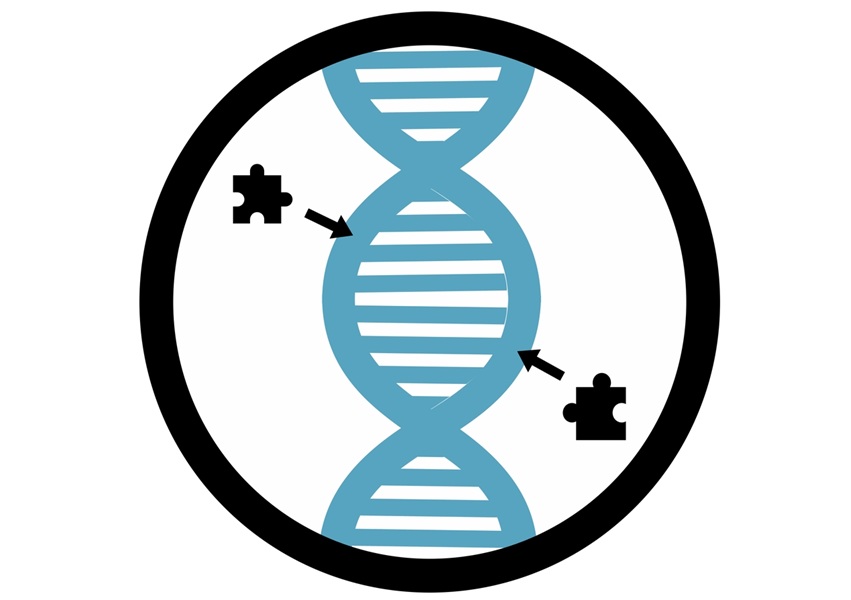Prenatal Diagnostic Eliminates Paternal Monogenic Disease Testing
By LabMedica International staff writers
Posted on 03 Dec 2008
Prenatal diagnostic technology could potentially eliminate the need for paternal testing of monogenic diseases (arising from a single gene) and significantly reduce the use of invasive tests.Posted on 03 Dec 2008
Monogenic diseases, which include cystic fibrosis, ß-thalassemia, and sickle cell anemia, could only be definitively diagnosed prenatally through invasive procedures following extensive carrier screening testing on both parents.
Sequenom, Inc. (San Diego, CA, USA), announced that data from a collaborative project with The Chinese University of Hong Kong (Hong Kong SAR, China) support the noninvasive prenatal diagnosis of monogenic diseases.
In the study, individual mutant or normal DNA sequences were counted in maternal plasma using digital polymerase chain reaction (PCR) technology, and the number of mutant genes inherited by an unborn fetus, and hence its disease status, were determined. Sequenom holds exclusive rights to this breakthrough technology.
With this digital counting approach, ß-thalassemia and hemoglobin E disease could be noninvasively diagnosed from maternal plasma. This molecular counting strategy, in principle, can be applicable to all forms of monogenic diseases, namely paternally or maternally inherited autosomal dominant diseases and autosomal recessive diseases with any combination of parental mutations.
In the United States, cystic fibrosis screening is recommended for all women of child bearing age (over 10 million individuals in the U.S. are carriers of the CF mutated gene, including one in every 29 Caucasian Americans), and in certain regions of the world, ß-thalassemia affects anywhere from 3% to 16 % of the population.
The study was published in the November 2008 online edition of the Proceedings of the [U.S.] National Academy of Sciences (PNAS).
Related Links:
Sequenom
The Chinese University of Hong Kong













